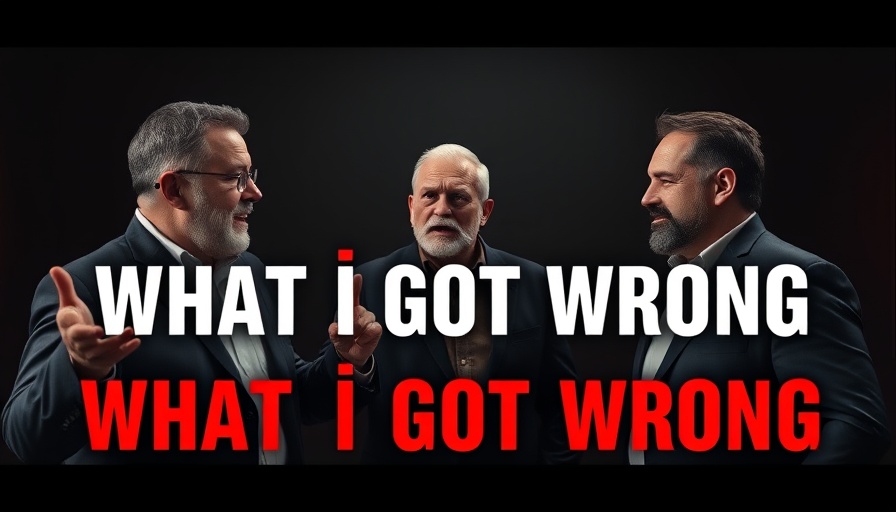
The Changing Face of Anti-Christian Hostility
Christianity in America is experiencing a troubling shift in public perception. Historically, the opposition to Christianity has manifested in various forms — from criticism and ridicule in media and education to direct acts of vandalism and government scrutiny. However, the opposition has become increasingly aggressive in recent years, particularly under the Biden administration. This phenomenon involves a nexus of cultural, social, and political dimensions, playing out in both public discourse and tangible actions against Christian institutions.
Historical Context: Understanding the Shift
To fully grasp the current anti-Christian sentiment, it is crucial to consider the historical evolution of secularism in the United States. Over the past few decades, secularism has gained ground, often clashing with traditional Christian teachings on issues like marriage and sexuality. Arielle Del Turco from the Family Research Council highlights that as secularism rises, understanding and respect for religion decline. This cultural shift fuels hostility against Christianity, exemplified by recent incidents of vandalism and aggressive legislative actions targeting religious beliefs.
Current Trends: Government Action and Cultural Backlash
Recent reports indicate an alarming increase in hostility toward Christian institutions. For example, statistics reveal that 2023 is set to record the highest incidences of church vandalism in the six years tracked, with an alarming 69 acts of hostility documented in just the first quarter. Moreover, there are ongoing concerns about the Biden administration's perceived indifference to such incidents of violence against Christians, with individuals like Bill Donohue from the Catholic League asserting that attacks against religious freedom have escalated. Such actions have elevated anxiety not only for Catholics but for all individuals of faith.
Future Predictions: The Downward Spiral of Religious Freedom
There is a growing concern that the opposition to Christianity could intensify, further threatening the principles of religious freedom enshrined in the First Amendment. The formation of a Task Force to Eradicate Anti-Christian Bias, as proposed in a recent Presidential order, reflects an acknowledgment of this issue. However, whether this will translate to effective policy change remains to be seen. Observers fear that without a significant shift in the political environment, anti-Christian sentiment may continue to thrive.
Impact on Believers and Community Dynamics
The implications of this hostility extend beyond politically motivated actions; it affects community dynamics, shaping how believers engage with their faith publicly. Many Christians express feelings of uncertainty and fear about practicing their faith openly amid increasing scrutiny and potential repercussions. This atmosphere can stifle open dialogue about belief and morality, resulting in an environment where faith is viewed with skepticism or hostility.
Taking Action: Preserving Religious Liberty
It is essential for believers to unite and advocate for their right to practice their faith freely. Awareness of the political landscape and mobilization at both local and national levels can help protect religious liberties. By fostering dialogues about the importance of faith in society and countering the narrative of hostility, individuals can work towards creating a more accommodating environment for all religious expressions.
Conclusion: Navigating Forward
As the landscape of American religious expression evolves, it is critical for not only Christians but for all who value freedom of belief to engage actively in defending their rights. The challenges presented by rising hostility require a thoughtful approach and a willingness to advocate for positive change within society.
Call to Action: Join efforts aimed at promoting religious freedom and understanding by participating in local community events, advocacy programs, or educational forums. Your engagement matters – it can help protect the values and beliefs that enrich society as a whole.
 Add Row
Add Row  Add
Add 








 Add Row
Add Row  Add
Add 

Write A Comment